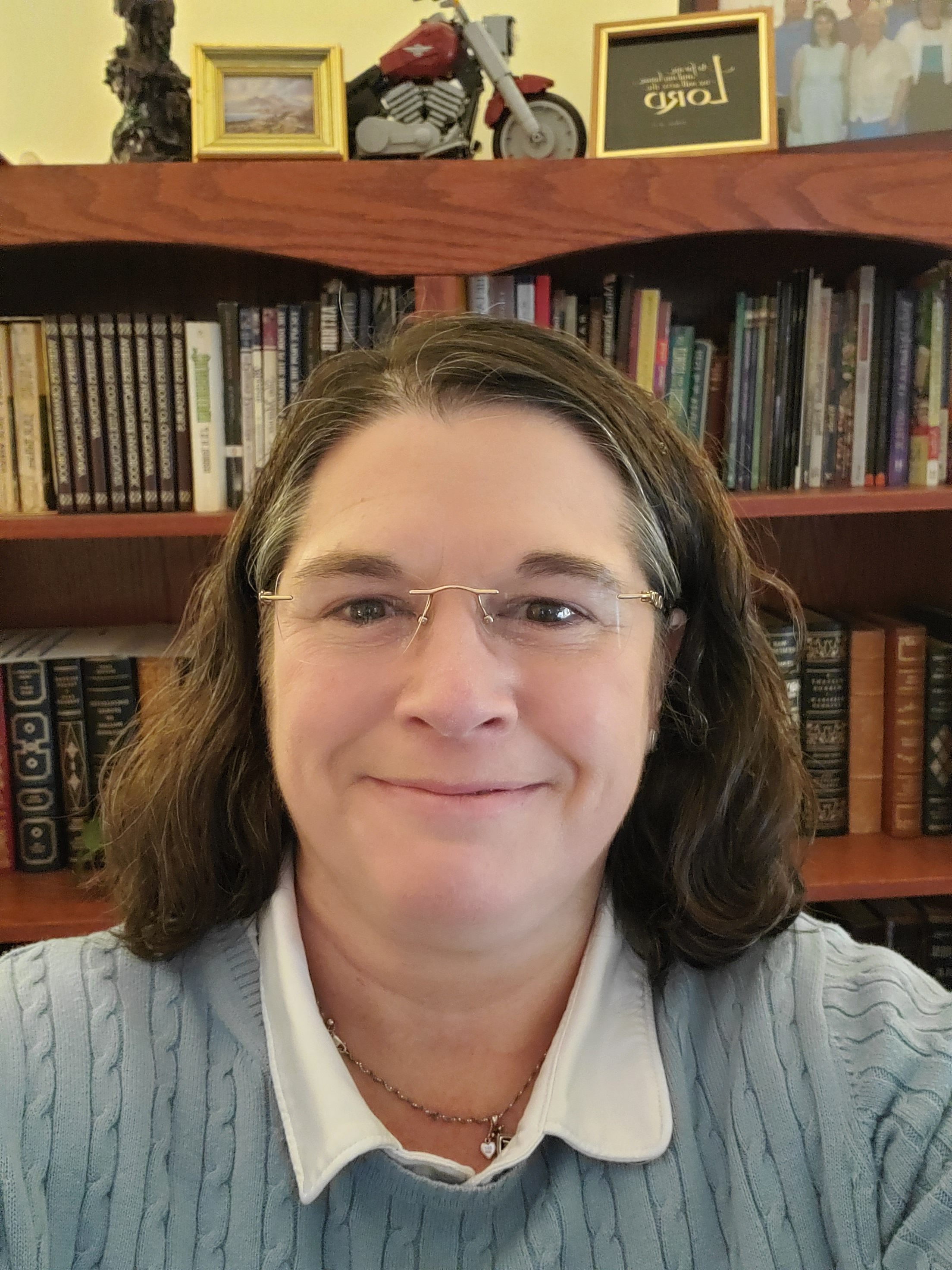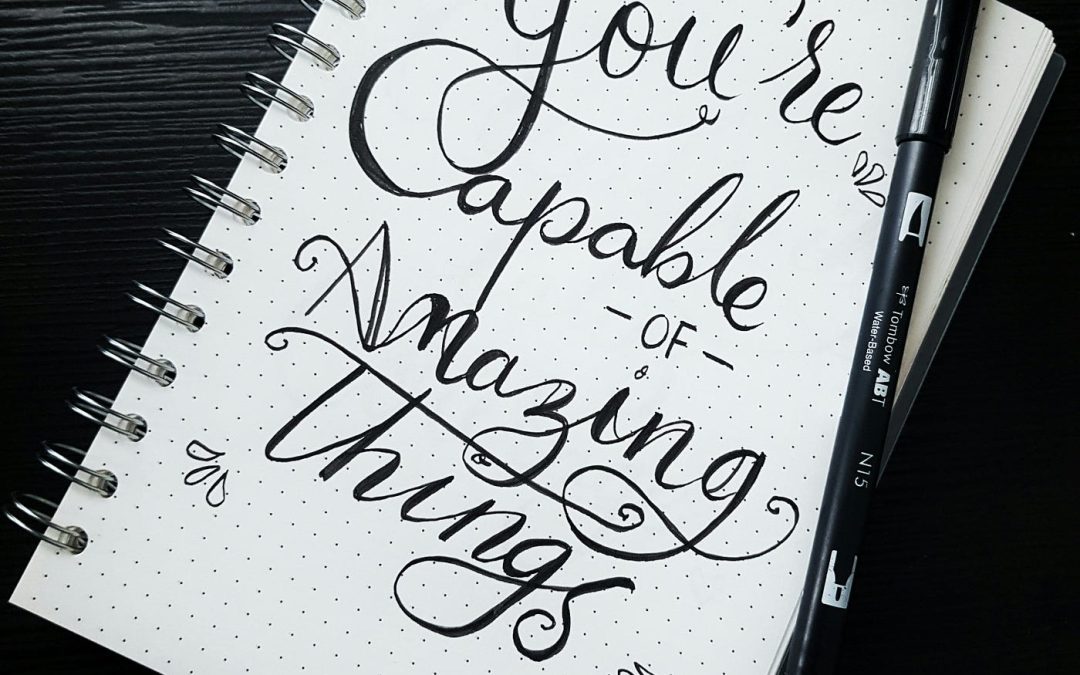Introduction
As survivors of complex trauma, many of us face unique challenges in the workplace. One of the most significant obstacles we may encounter is the presence of limiting beliefs — deeply ingrained thoughts and assumptions that can hold us back from reaching our full potential. These beliefs, often rooted in our traumatic experiences, can significantly impact our professional lives, affecting our confidence, performance, and overall well-being.
Understanding Limiting Beliefs
Limiting beliefs are negative, often unconscious, thoughts that constrain our actions and decisions. They are the stories we tell ourselves about who we are, what we’re capable of, and what we deserve. For those of us with Complex Post-Traumatic Stress Disorder (CPTSD), these beliefs often stem from the prolonged exposure to traumatic experiences that have shaped our perception of ourselves and the world around us.
Common Limiting Beliefs for Trauma Survivors in the Workplace
1. “I’m not good enough.” Many of us struggle with feelings of inadequacy, believing we lack the skills, knowledge, or experience to succeed in our chosen careers. This belief can lead to self-doubt, imposter syndrome, and a reluctance to pursue growth opportunities.
2. “I don’t deserve success.” Trauma survivors may harbor a deep-seated belief that they are unworthy of happiness, success, or recognition. This belief can manifest as self-sabotage, a fear of visibility, or difficulty accepting praise and accomplishments.
3. “I can’t trust anyone.” Given our history of traumatic experiences, it’s understandable that we may struggle with trust in the workplace. This limiting belief can hinder our ability to build relationships, collaborate effectively, and rely on others for support.
4. “I have to be perfect.” Perfectionism is a common coping mechanism for trauma survivors, as it provides a sense of control and safety. However, this belief can lead to unrealistic expectations, procrastination, and burnout in the workplace.
5. “I’m powerless to change my situation.” Trauma can leave us feeling helpless and lacking agency. This belief can prevent us from advocating for ourselves, setting boundaries, or seeking new growth and development opportunities.
Overcoming Limiting Beliefs
While overcoming limiting beliefs is a journey that requires patience and self-compassion, there are several strategies we can employ to challenge and reframe these thoughts:
1. Acknowledge and identify: The first step in overcoming limiting beliefs is recognizing when they arise. Pay attention to the thoughts and assumptions that surface in your workplace interactions and decision-making processes.
2. Question and reframe: Once you’ve identified a limiting belief, challenge its validity. Ask yourself, “Is this belief true? What evidence do I have to support or refute it?” Then, work on reframing the belief into a more empowering, growth-oriented thought.
3. Embrace self-compassion: Treat yourself with kindness and understanding, acknowledging that your limiting beliefs are a product of your experiences, not a reflection of your worth or potential.
4. Seek support: Surround yourself with supportive colleagues, coaches, mentors, or mental health professionals who can provide guidance and encouragement as you work to overcome your limiting beliefs.
5. Take small risks: Gradually push yourself outside your comfort zone, taking small steps to challenge your limiting beliefs. Celebrate your successes and learn from your setbacks, recognizing that growth is a process.
Journaling and Self-Reflection
As you navigate the process of overcoming limiting beliefs in the workplace, consider these questions for journaling and self-reflection:
- What are the most prominent limiting beliefs that impact my professional life? How do they manifest in my thoughts, actions, and decisions?
- What experiences or messages from my past have contributed to the development of these limiting beliefs?
- How can I reframe my limiting beliefs into more empowering, growth-oriented thoughts?
- What small steps can I take to challenge my limiting beliefs and expand my comfort zone in the workplace?
- What support systems do I need in place to help me overcome my limiting beliefs and thrive professionally?
Conclusion
As trauma survivors, it’s important to remember that our limiting beliefs do not reflect our true potential. By acknowledging these beliefs, challenging their validity, and taking steps to reframe our thoughts, we can gradually break free from their hold and cultivate a more empowered, fulfilling professional life. Be patient with yourself, celebrate your progress, and know that you are capable of overcoming any limiting belief that stands in your way.
An Invitation
If you’d like to join an online community of other resilient overcomers focusing on their careers, I invite you to join The Resilient Career Academy™ Community. (RCA Community)
The RCA Community is a group dedicated to helping/supporting those working to overcome adversity and achieve their full potential in their careers.
The benefits to you are:
Community — The community provides support, encouragement, the ability to share frustrations and get feedback from people who understand the struggle
Workplace/Career Resources — The group provides tools, resources, and templates to help you with your career journey
Available Coaching Support — The community is supported by trained and certified coaches who are available for individual sessions
Learning — You will have access to various trauma/workplace-related online courses developed by our coaches to help you in your journey
Workshops/Webinars — You will have access to practical workshops/webinars targeted to help you in the workplace grow your career
If you are interested in joining us, click here: https://resilientcareeracademy.myflodesk.com/community
As always, you do not have to walk this journey alone. Contact me to schedule your free discovery call.
Trigger Tracker Template — Track and plan the coping strategies you will use to get through the experience.
Get on the waiting list for The Resilient Career Academy™. You won’t want to miss it.
If you want to stay informed on the programs, tools, and training I offer, sign up for my mailing list.
You can also visit my website for more information on courses and other freebies I offer at: https://www.cyndibennettconsulting.com.
Photo by Alysha Rosly on Unsplash

Believer. Leader. Learner. Advocate. Writer. Speaker. Coach. Mentor. Triathlete. Encourager. Survivor.
Most of all, I am a fellow traveler on the rocky road called, Trauma Recovery. My mission is to minimize the effects of trauma for survivors in the workplace.




